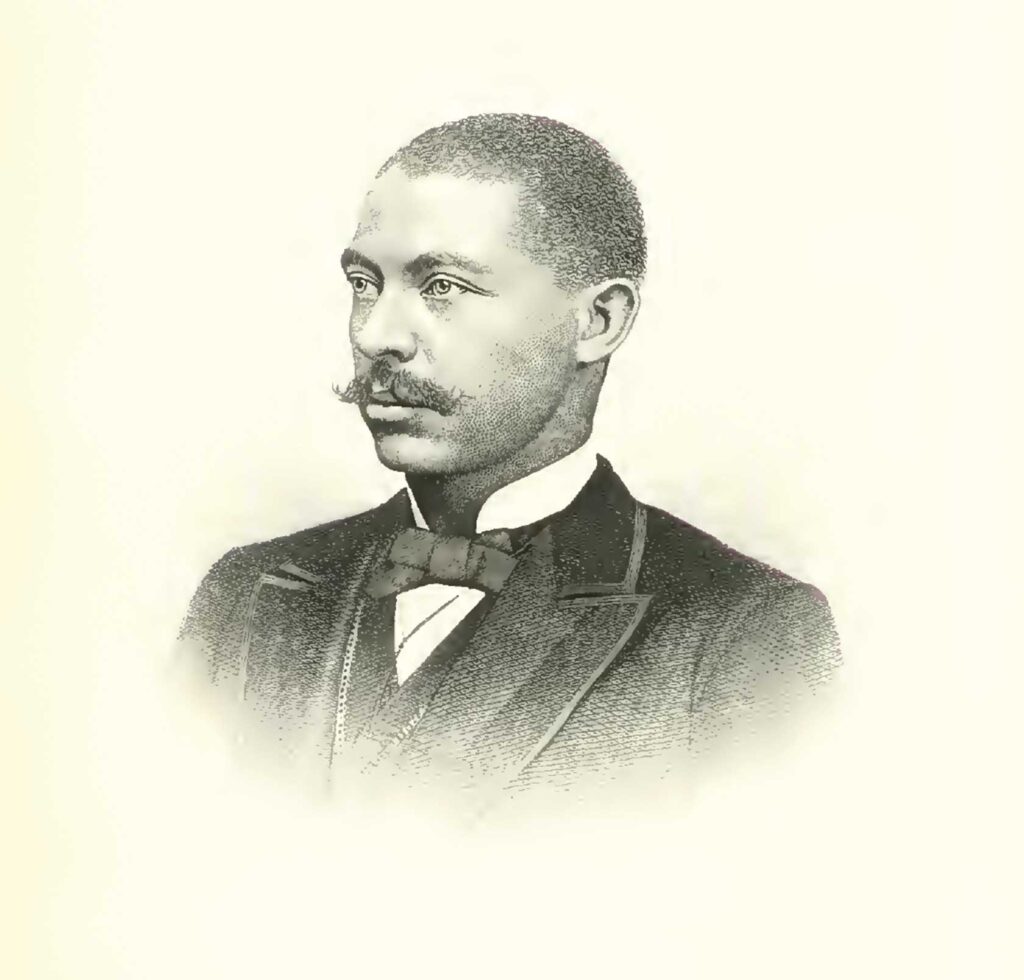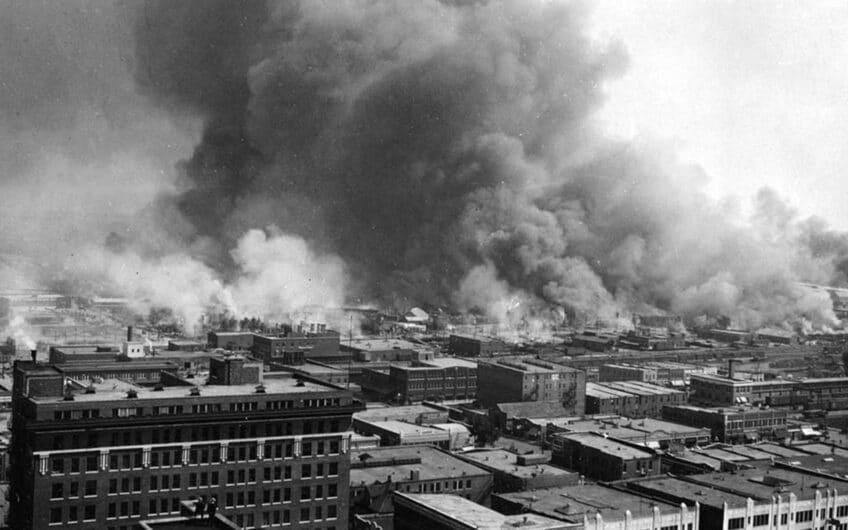
The late Bob Hayden’s story originally ran in the Bay State Banner on Feb 2, 1978.
As we begin the annual national observance of Black History Month, it seems only logical to know about and honor the pioneering Black historians of the 19th century.
Two of them lived, studied and wrote monumental Black history books right here in the city of Boston.
George Washington Williams should be remembered for his “History of the Twelfth Baptist Church, Boston, Mass., from 1840 to 1874,” published in Boston in 1874, and his monumental work, “A History of the Negro Race in America from 1619 to 1880,” published in 1883.
William C. Nell should be remembered for his book, “The Colored Patriots of the American Revolution,” published in Boston in 1855, and an earlier work, “Services of the Colored Americans in the Wars of 1776 and 1812.” He also played a leading role in Boston’s first school desegregation case in 1855.
Williams was born in 1849 in Bedford Springs, Pennsylvania. He served with the Union Army and was discharged in 1865. In 1868, he graduated from Howard University in Washington, D.C., and moved to Boston, where he became a theology student at the Newton Theological Seminary in nearby Newton.
Upon completion of his studies at Newton Theological Seminary, Williams became the minister at Boston’s historic Twelfth Baptist Church, where he served for two years, from 1874 to 1876. His “History of Twelfth Baptist Church,” researched and written while he was a theology student, is an important piece of work for today’s historians.
Williams left Boston in 1786, moving on to Cincinnati, Ohio, where he continued as a Baptist minister, studied law and entered politics. He went on to newspaper reporting and law work as judge advocate of the Grand Army of the Republic.
However, it is as a historian that he accomplished his most valuable work, when he wrote the classic two-volume “A History of the Negro Race in America from 1619 to 1880.” It represented a high level of research the likes of which no historian had ever attempted on the subject. Some of his sources were documents from the Boston Public Library.
Williams’ work received favorable and lengthy reviews in several American and English magazines. The Literary World of Boston regarded the book as “upon the whole the most nearly satisfactory continuous account yet written of the African in America.”
George Washington Williams died at the early age of 42.
William C. Nell not only wrote history but helped to make it, as one of the leaders in the fight to close the all-black Smith School in Boston in 1855.
Born in Boston in 1816, Nell had been educated in the one-room school in the basement of the African Meeting House on Beacon Hill.
Although he possessed only an elementary education, Nell was a regular writer for William Lloyd Garrison’s anti-slavery newspaper, The Liberator. He was also a friend of Frederick Douglass, and helped Douglass with the publication of his paper, The North Star. He became quite capable in studying and writing about the condition of Black Americans. While working with Douglass, he became interested in writing a history of the Black American in the military services.
In 1852, in Boston, Nell published a 24-page booklet entitled “Services of the Colored Americans in the Wars of 1776 and 1812.” It was well received, and three years later, Nell came forth with an enlarged edition under the title of “The Colored Patriots of the American Revolution, With Sketches of Several Distinguished Colored Persons; To Which Is Added a Brief Survey of the Condition and Prospects of Colored Americans.”
This enlarged study included an account of the history of Black people in the U.S. beyond their military service. Nell’s writing was largely biographical. On the Black experience in the Revolutionary War, his chapters were arranged state by state, with one for each of the 13 colonies as well as for Kentucky, Ohio, Louisiana and Florida. Nell quoted at great length in his book from state and federal papers, anti-slavery works and military records. For the period of time in which he wrote, the quality of his research was outstanding.
Nell passed on in 1874.
Williams and Nell are but two of some 12 recognized 19th-century Black historians. The contributions of these early writers to American history must not be overlooked. These two forerunners helped lay the foundation for the Black historians who followed them.






